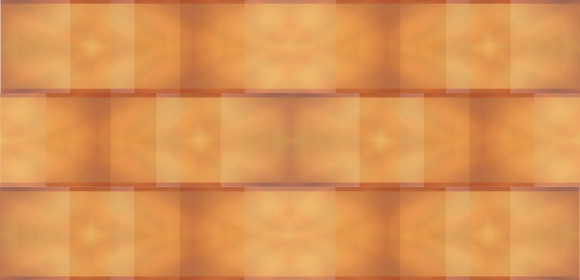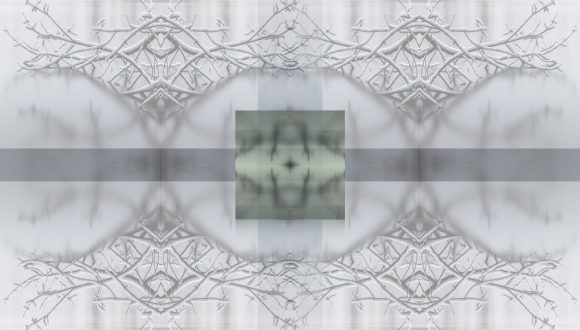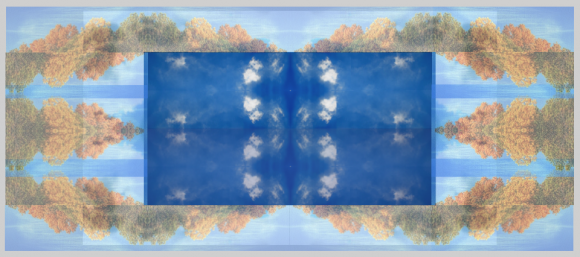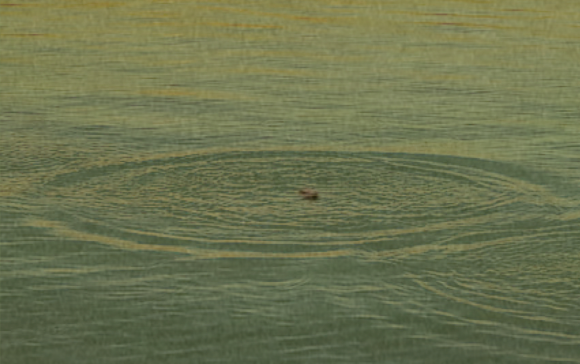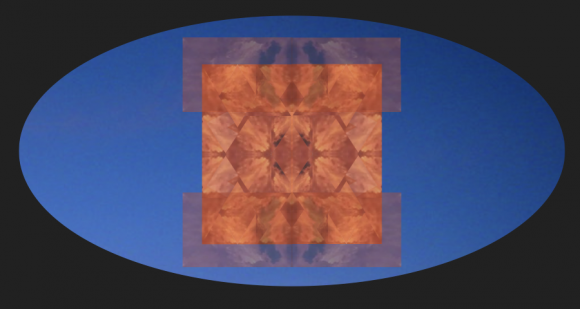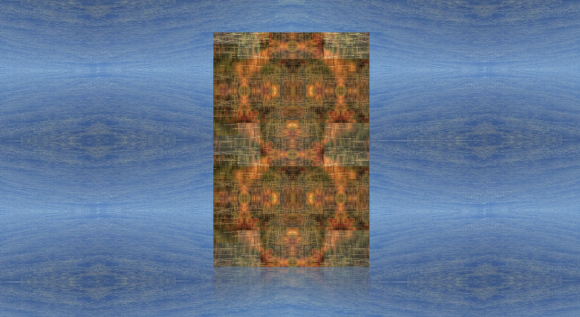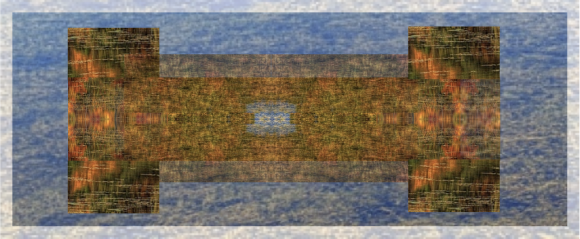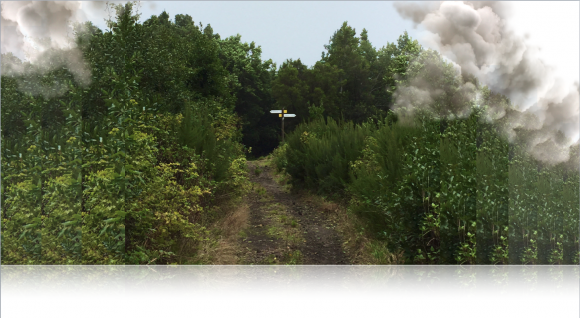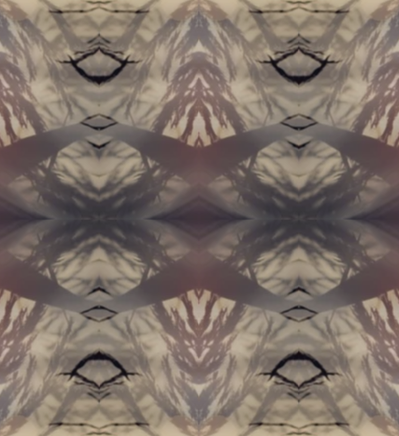
[Note: This post has been superseded by an updated and more integrated article.] We have already seen two roles that mirrors play in Durrell’s Alexandria Quartet: they indicate a certain self-awareness (a ‘reflectiveness’, we might say with a somewhat tired pun) in a character, and they expose a distance, even separation between their inner worlds when they interact. In other words, Durrell has...
